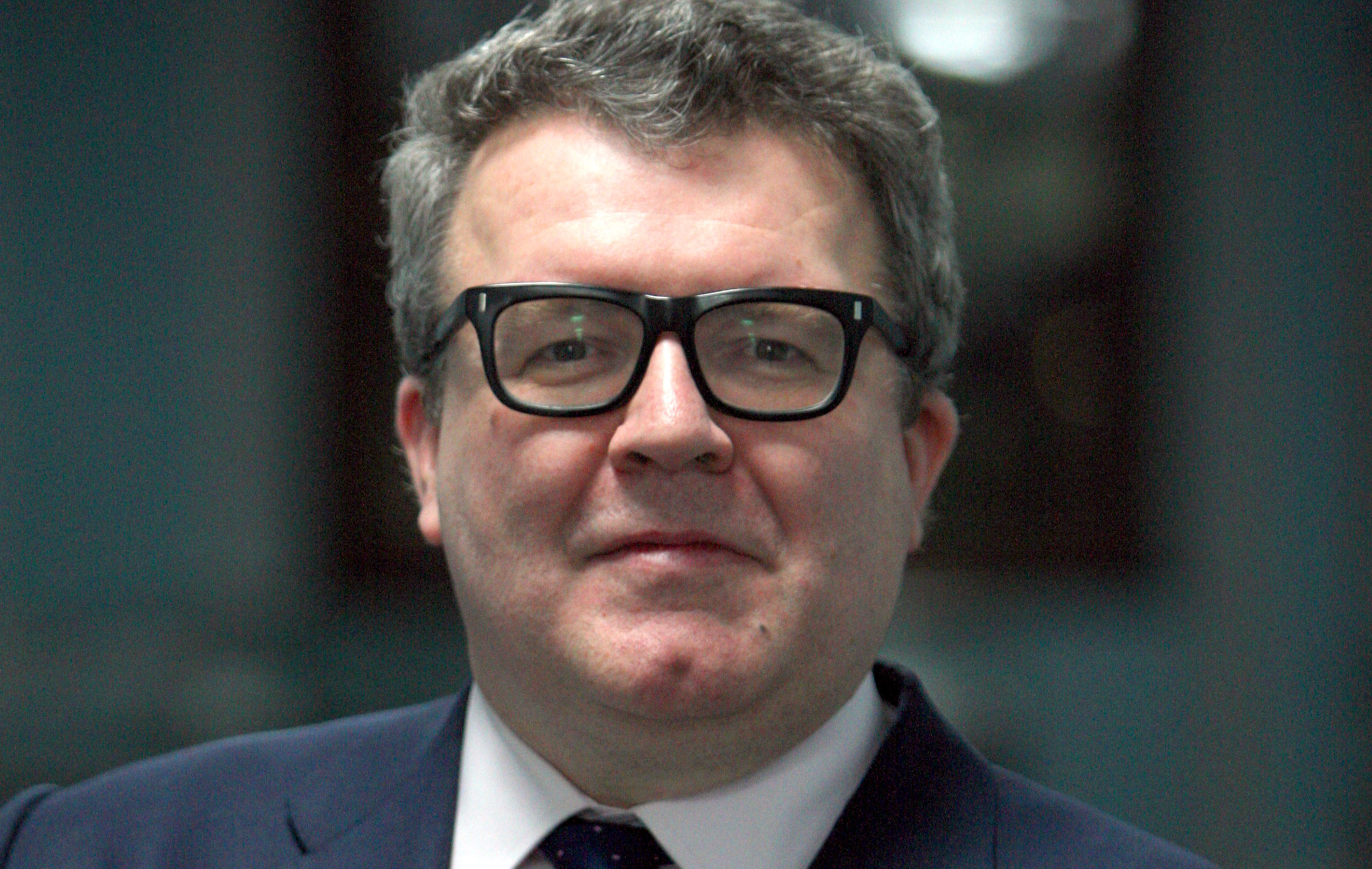
LABOUR plans to outlaw in-play betting ads, with a “whistle-to-whistle” ban on TV and online gambling promotions during live sport events.
The proposal forms part of a radical overhaul of gambling regulation unveiled by deputy leader Tom Watson following a year-long review.
Branding problem gambling “a public health emergency”, Mr Watson said that Labour’s next manifesto will include the ban, as well as proposals for:
- A ban on credit card betting;
- Increased resources for research into and treatment of gambling addiction, funded in part from a compulsory 1% levy on operators’ gross gambling yield;
- New rules to allow addicts to tell their banks to block online gambling transactions.
He also repeated Labour’s call for Premier League football clubs to end sponsorship deals with gambling firms, and pledged legislation if they do not act voluntarily.
In-play betting has become an increasingly prominent part of the gambling scene in recent years, with TV ads in the run-up to games and during half-time urging punters to place wagers on the next goalscorer or the final result.
Today I've announced the next Labour Govt will impose a "whistle to whistle" ban on betting ads during live sports broadcasts, outlaw debt-fuelled gambling with credit cards, and bring in a 1% levy on operators to pay for treatment of addicts. pic.twitter.com/HS1pPywuqz
— Tom Watson (@tom_watson) September 20, 2018
Labour’s review uncovered concerns that, with instant online betting now widely available via smartphones, the ads may present a risk to gambling addicts, young people and those with mental health problems.
Research by Goldsmiths University’s Professor Rebecca Cassidy estimated that gambling advertising increased six-fold between 2007 and 2013. And recent analysis found that 17% of all adverts during the football World Cup in Russia were for gambling.
Mr Watson said: “Problem gambling is Britain’s hidden epidemic and we must treat it as a public health emergency.
“Current gambling regulation is not up to the job of protecting addicts and those at risk of addiction. Treatment is patchy across the country and too often patients are misdiagnosed and not treated by specialists who can spot the signs of gambling addiction.
“Gambling companies have to take more responsibility for harm caused by their products and contribute more to research and treatment. We must also face up to the negative effect the explosion in gambling advertising has had, and act accordingly.
“It’s what any responsible Government looking to address gambling addiction must do.
“The refusal of the current Government to address any of these issues is letting problem gamblers and their families down. Labour’s new policies announced today aim to build a world class framework for the prevention and treatment of problem gambling.”
Under Labour’s proposals, bookmakers would still be able to offer odds on sporting events during play, but would not be allowed to advertise them for a specified period before and after games or during half-time or other breaks.
A similar scheme floated in Australia would outlaw ads from five minutes before kick-off until five minutes after the final whistle.
The charity GambleAware welcomed Labour’s announcement.
Chief executive Marc Etches said: “We do think it is necessary to have a statutory levy to secure sufficient and sustainable funding for research, education and treatment to reduce gambling-related harms in Britain.
“Also, we think it right to ban the use of credit cards for gambling. For an industry rightly challenged to do better in terms of customer protection, providing the opportunity to gamble on the basis of credit seems to us to be fundamentally wrong.”
But the chief executive of the Advertising Association, Stephen Woodford, said that Labour’s whistle-to-whistle plan went against the findings of a Gambling Commission report in 2017.
If implemented, the ban on in-play betting ads “would have a damaging economic effect on our UK commercial media landscape as well as make watching live sport more expensive and less accessible for the UK public”, Mr Woodford said.
Chris Skidmore, the Conservative’s vice chairman for policy, said: “Labour liberalised the gambling market when they were in power, and have admitted that they were wrong.
“We are correcting Labour’s mistakes – ensuring tighter rules on gambling advertising, increasing protections around online gambling, launching a multi-million pound awareness campaign, commissioning research on the harms of problem gambling, and slashing the maximum stake on fixed odds betting terminals, which were introduced under Labour.”

Enjoy the convenience of having The Sunday Post delivered as a digital ePaper straight to your smartphone, tablet or computer.
Subscribe for only £5.49 a month and enjoy all the benefits of the printed paper as a digital replica.
Subscribe